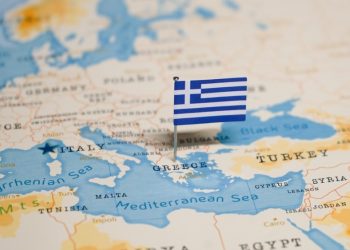The Turkish Energy Minister Fatih Donmez announced that Yavuz, the Turkish drillship, was planned to start drilling for oil and gas, on Monday 7 or Tuesday 8 October in the southwest of Cyprus, an announcement that would further intensify the friction between the countries.
The ship was sent to an area where Greek-Cypriot authorities have awarded hydrocarbon exploration rights to Italian and French companies, as suggested by Ankara. Cyprus, on their part, accused Turkey for a severe escalation of violations of its sovereign rights.
On Monday, October 7, Donmez stated that “all preparations have been completed, and it (Yavuz) will start its first drilling in the area either today or tomorrow.”
According to shipping data from Refinitiv Eikon, Yavuz was located almost 50 nautical miles (90 km) southwest of Cyprus on Monday, October 7.
[smlsubform prepend=”GET THE SAFETY4SEA IN YOUR INBOX!” showname=false emailtxt=”” emailholder=”Enter your email address” showsubmit=true submittxt=”Submit” jsthanks=false thankyou=”Thank you for subscribing to our mailing list”]
In fact, Turkey has already drilled wells to the east and west of the island; an action which has amounted to large protests from Nicosia and the European Union and further EU sanctions in particular.
Namely, this recent development is the first time the two sides have targeted the same area.
Moreover, during his visit to Greece, the US Secretary, Mike Pompeo, highlighted that there are specific rules in exploring energy resources in the Mediterranean Sea, adding that Turkey’s decision to begin drilling operations is ‘illegal’ and ‘unacceptable’.
Ankara has previously commented that some of the areas where Cyprus is exploring are either on its own continental shelf or in zones where Turkish Cypriots have equal rights over any finds with Greek Cypriots.
Greece and Turkey may be allies in NATO, but there has been a long dispute over Cyprus, which since 1974, has been ethnically split between Greek and Turkish Cypriots.































































